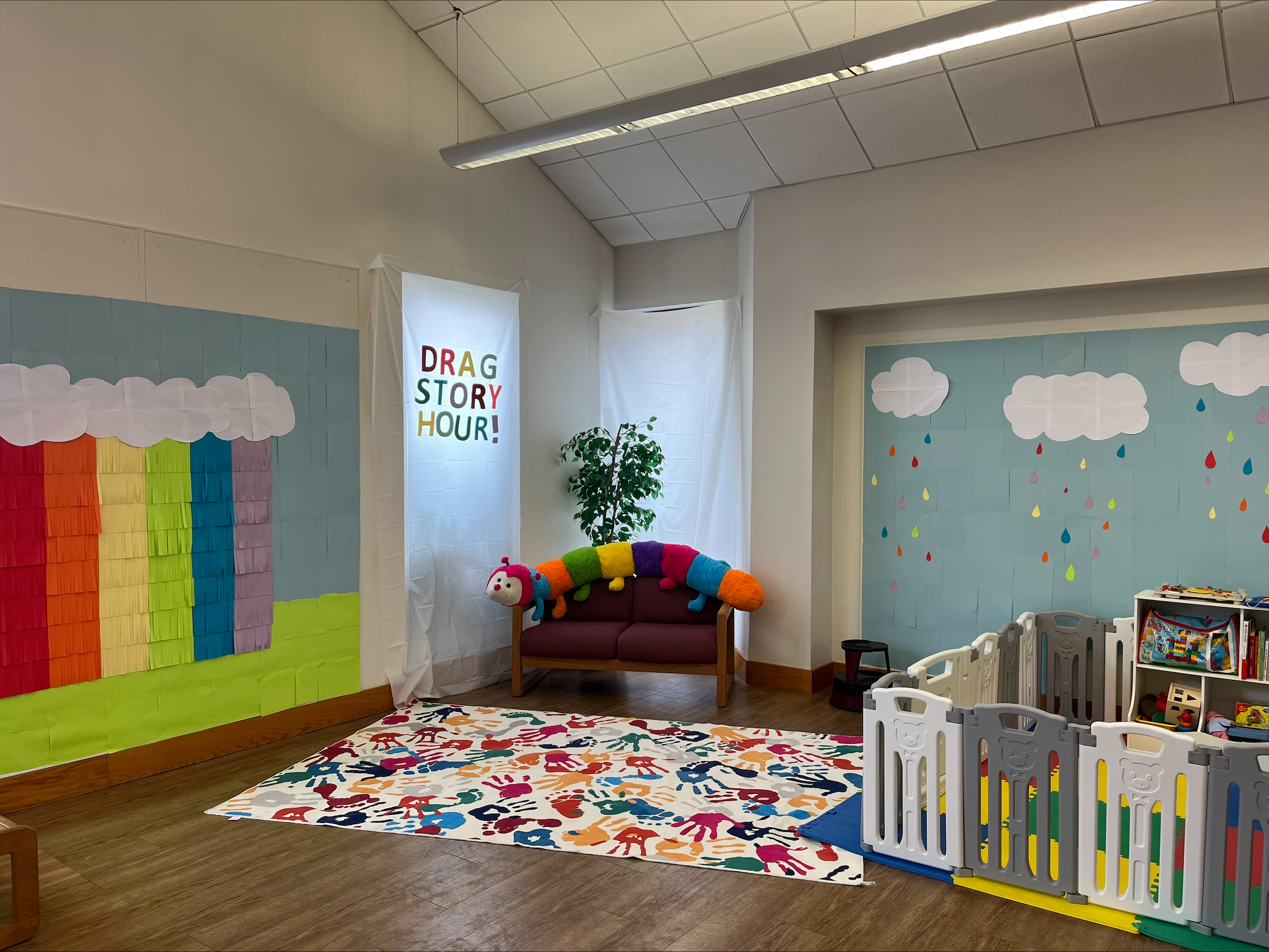As director of community services for the Community Renewal Team, Elizabeth Horton Sheff has been working pretty much non-stop over the last year to connect people in need with programs and services that can help.
"A lot of our people are just panicked. They're panicked. Some of them have been out of work for a long time," Sheff said.
For some, it's the first time they've had to rely on outside help.
“Their housing security is gone, in their minds. They’re having difficulty keeping food on the table," she said.
Get Connecticut local news, weather forecasts and entertainment stories to your inbox. Sign up for NBC Connecticut newsletters.
The situation is not unique to Connecticut. A recent survey from the Pew Research Center found that financial concerns still weigh heavily on a lot of us. And it’s not just paying for those basic needs.
Among non-retired adults, 30% said they are worried about the amount of debt they carry, while 29% worry about their ability to save for retirement.
Three in 10 also said their financial situation has gotten worse over the last year while 44% think it will take them at least three years to get back to where they were before the pandemic.
Local
One in 10 people in the survey don't think their finances will ever recover.
Racial and Income Disparities
The survey also highlighted racial disparities, with 66% of Black and 59% of Hispanic respondents reporting their finances are in “fair” or “poor” shape.
People with higher incomes were more likely to say they have actually fared better during the pandemic. Nearly 40% of adults in the upper income tier reported their financial situation has improved from one year ago. Among middle income earners, 32% said the same.
When it comes to spending, 42% of adults said they have been spending less during the pandemic, but the reasons vary.
Eighty-six percent of upper income adults and 70% of middle income adults said their reduced spending is the result of COVID restrictions on their daily activities. Only 44% of lower income adults said the same. The majority (55%) said they are spending less because they are worried about money.
Getting Back on Track
“Our philosophy at the Community Renewal Team is to save. Whether it’s a dollar or a dime," said Horton Sheff, who runs CRT's Financial Literacy Institute. "It's getting into the pattern of putting money away for that emergency, for that unexpected expense."
Horton Sheff understands that managing your finances can be daunting. She counsels her students to focus on what they have instead of dwelling on what they don't.
The first step to getting your finances in order, according to Horton Sheff, is to put your budget down on paper.
"Once you outline your expenses with your income, you will see where you really are. But you can't do that in your head. You have to face reality," she said.
Next: communicate with your creditors.
"Talk to your landlord. Talk to your mortgage company. See what's available to you," she said.
"Refrain from having a love-hate relationship with your mailbox. When those letters come, when those bills come, open them... Look at what you owe and decide on a debt reduction plan."
She also advises students to stay away from credit cards.
Finally, Horton Sheff said there is no shame in asking for help.
“You didn’t do this. This was of no fault of your own. There’s nothing that you did to cause this," she said.



